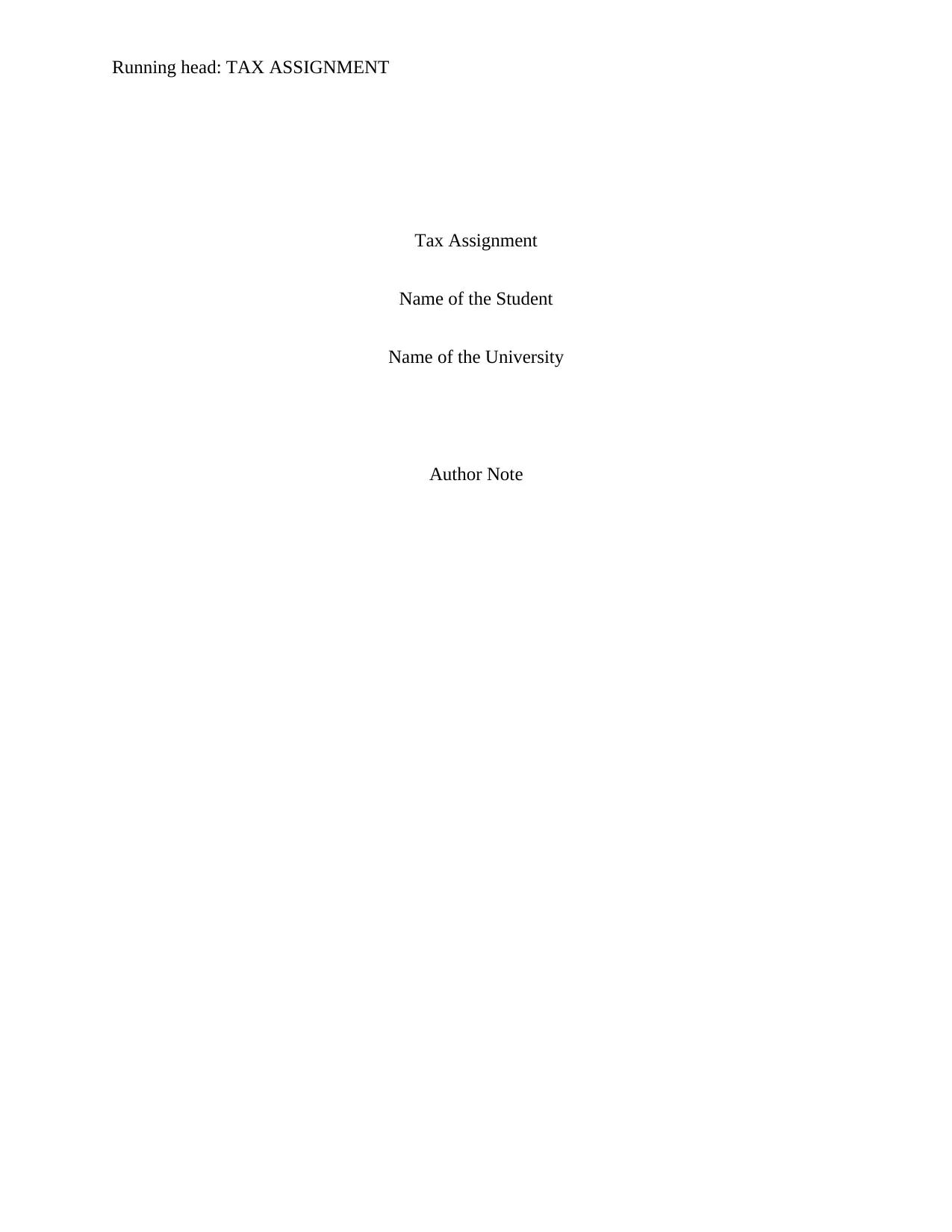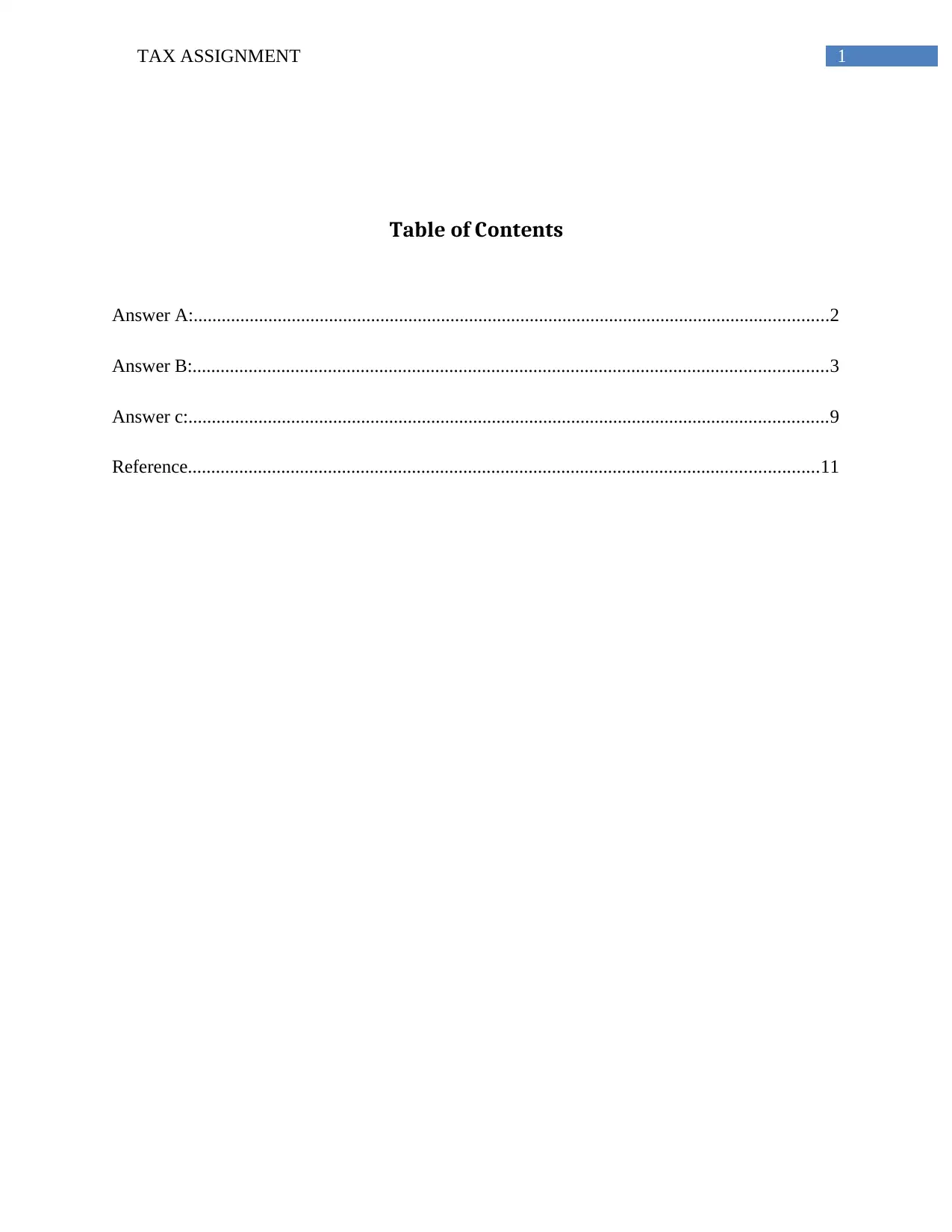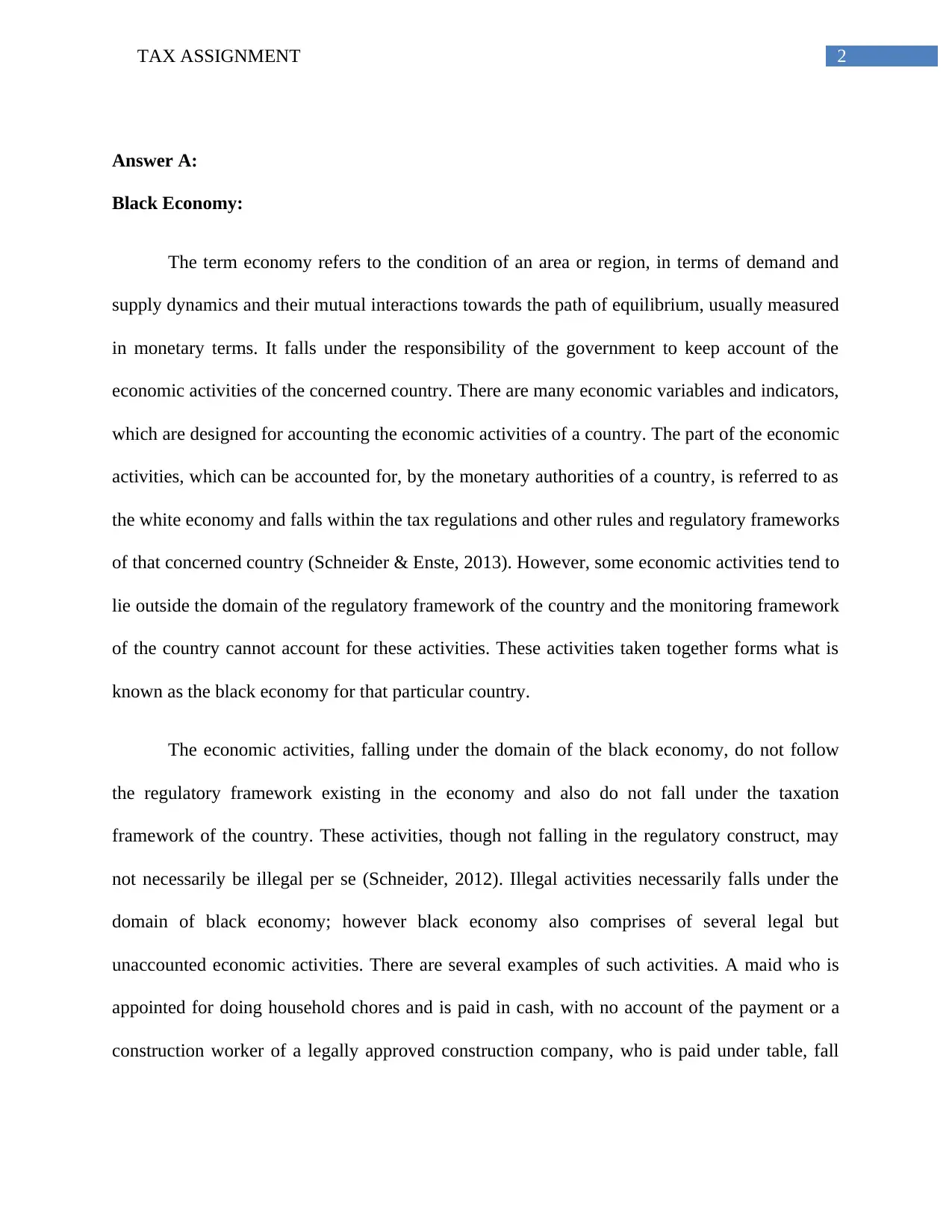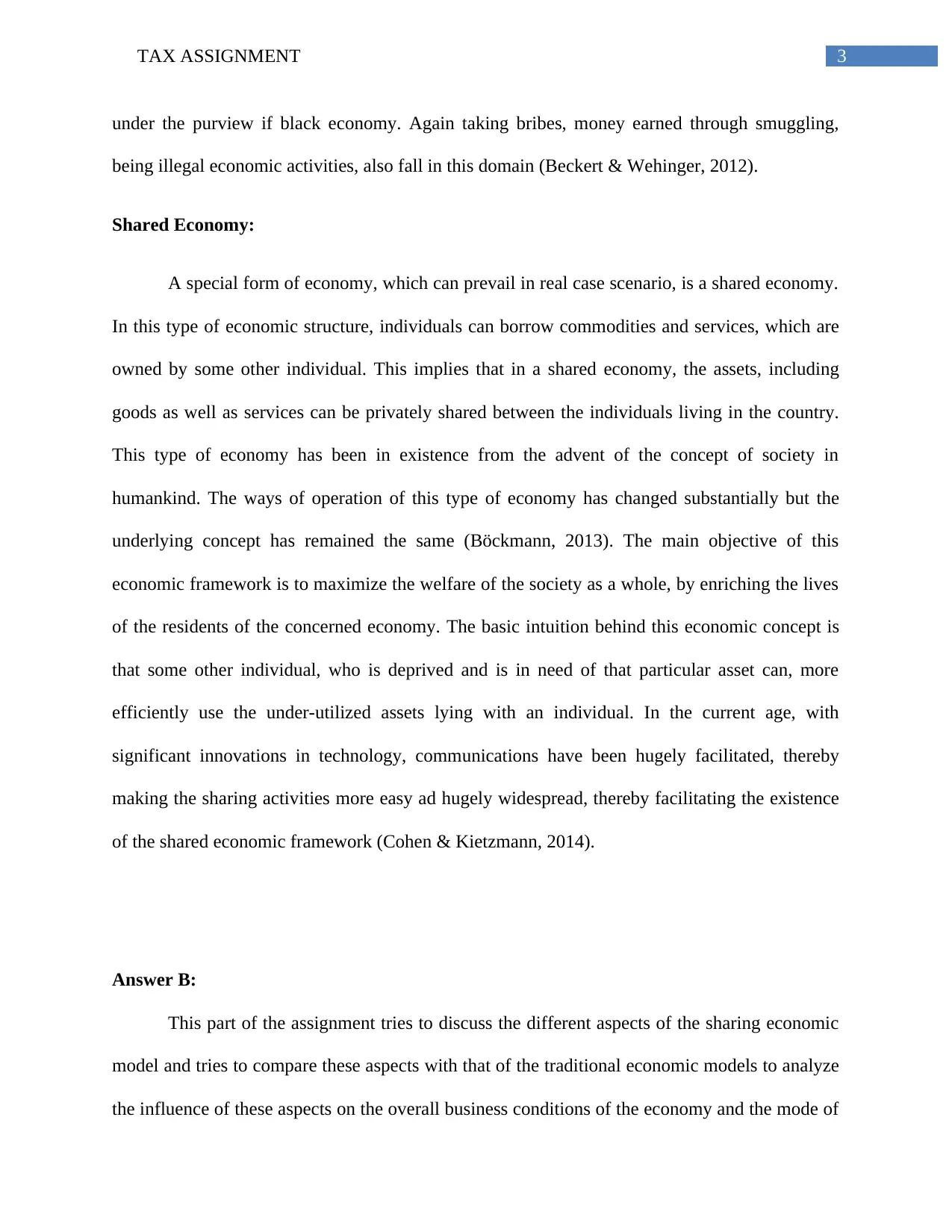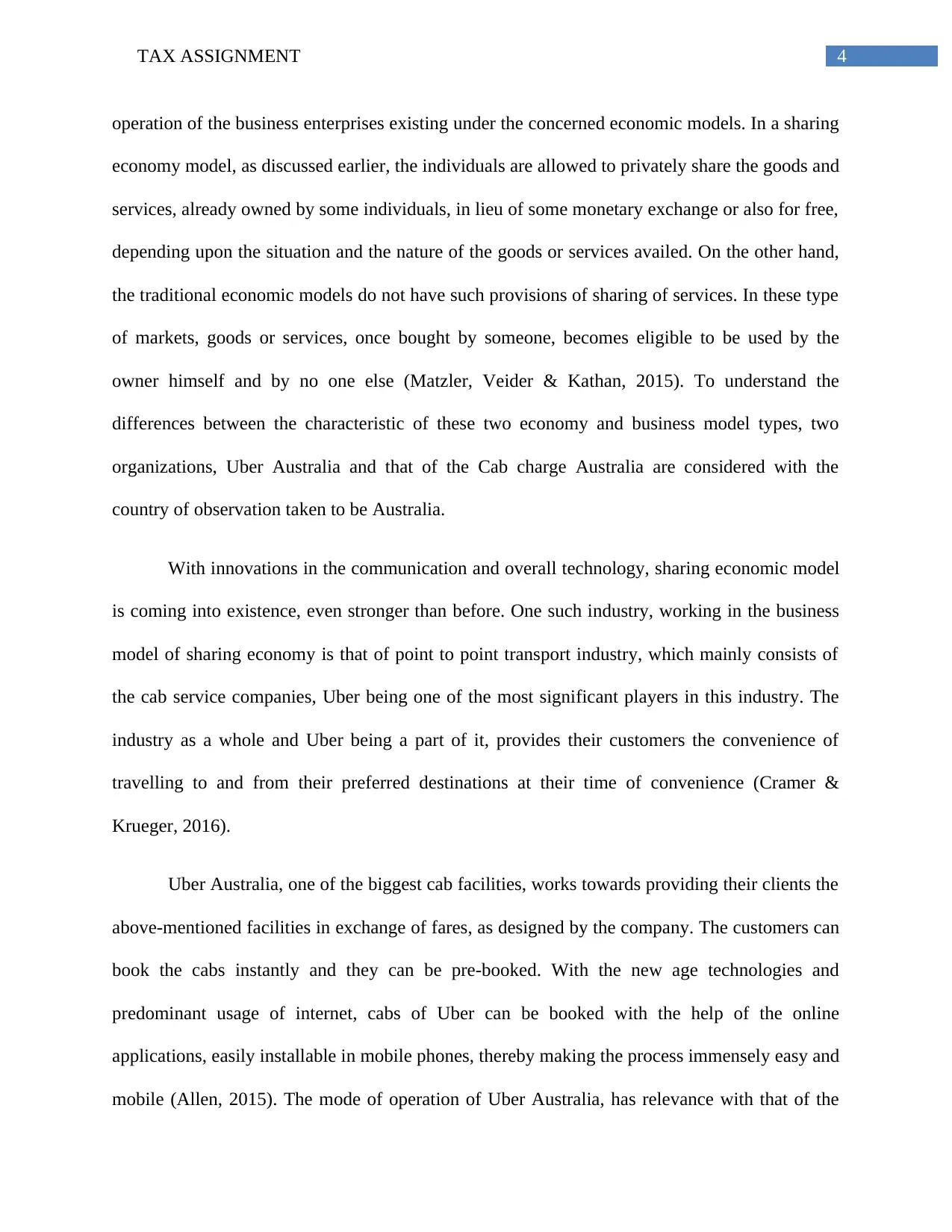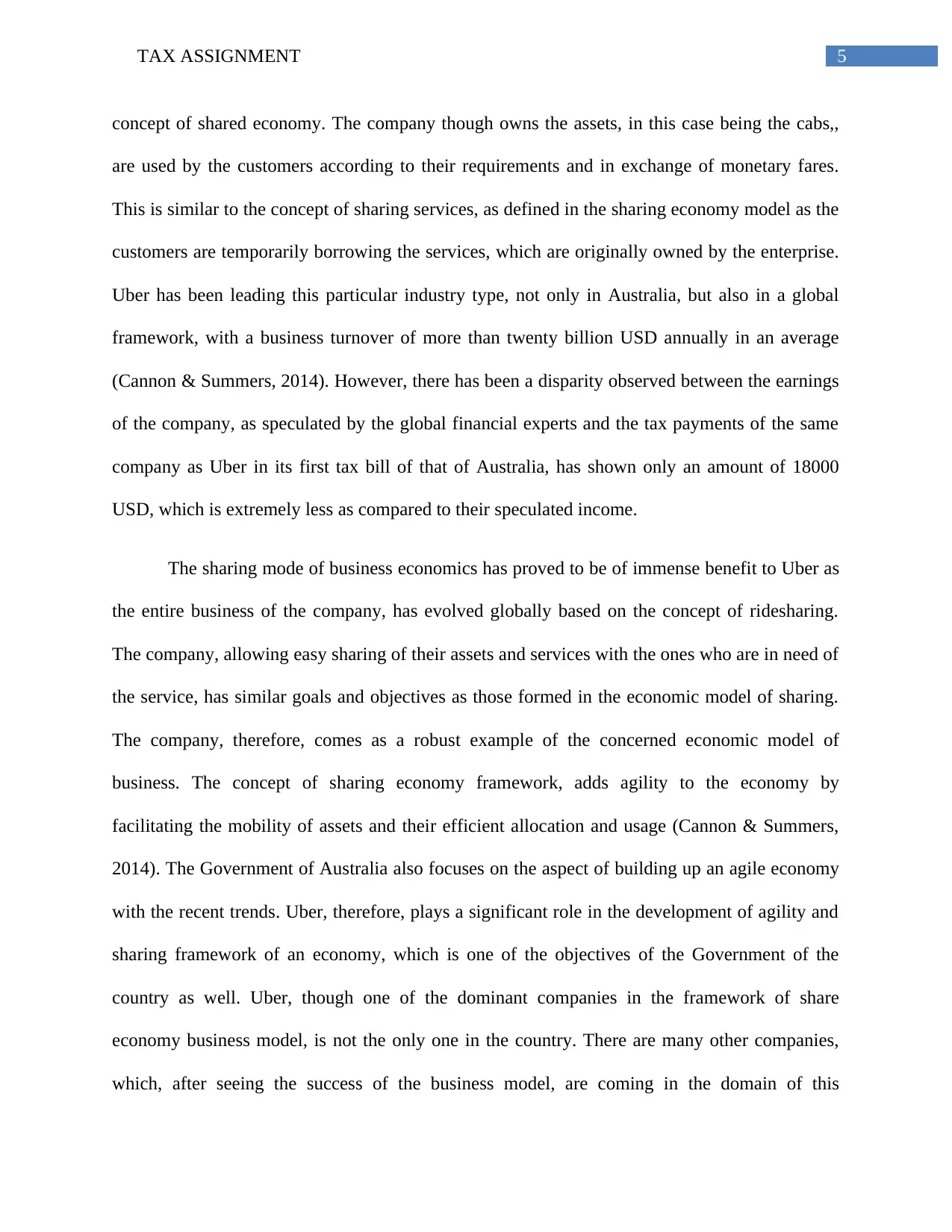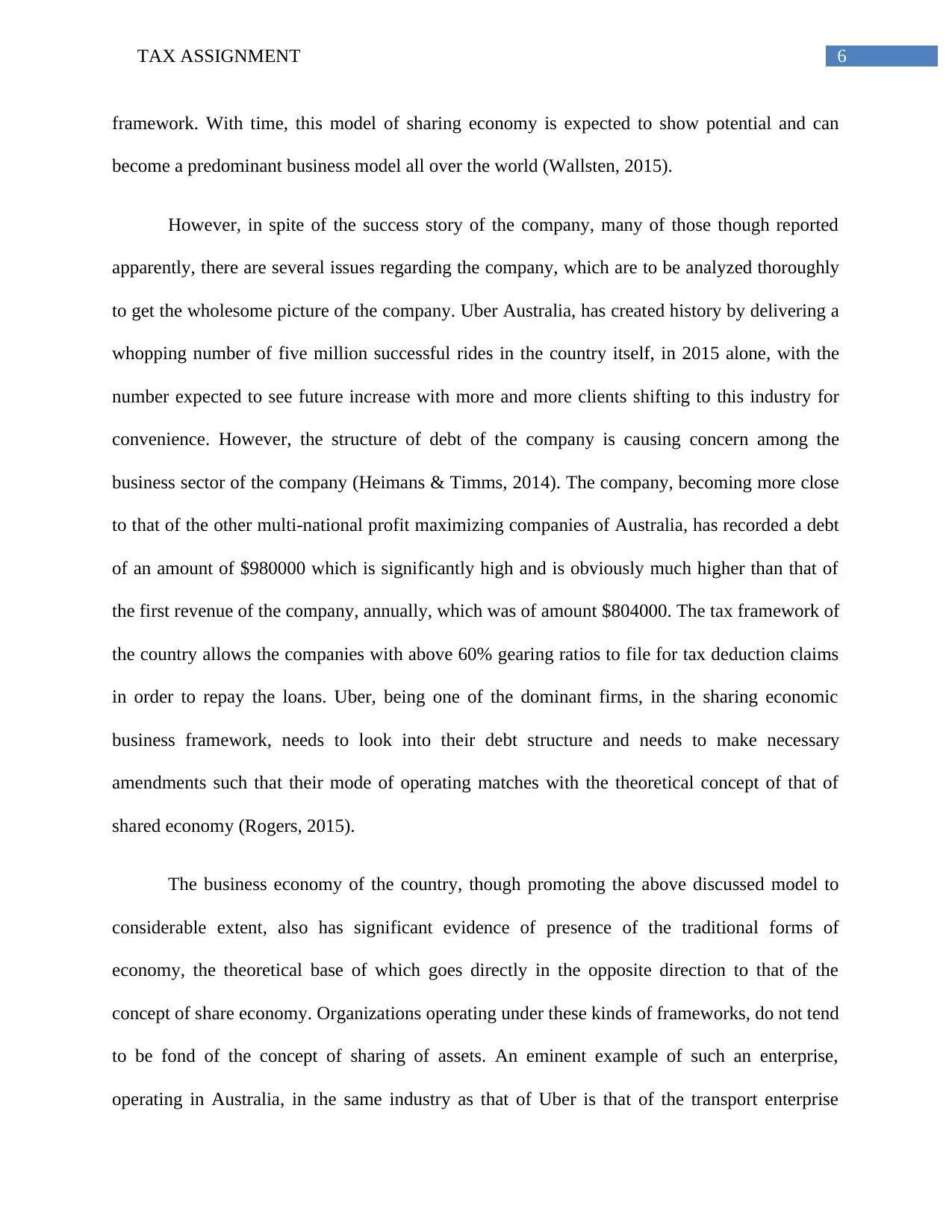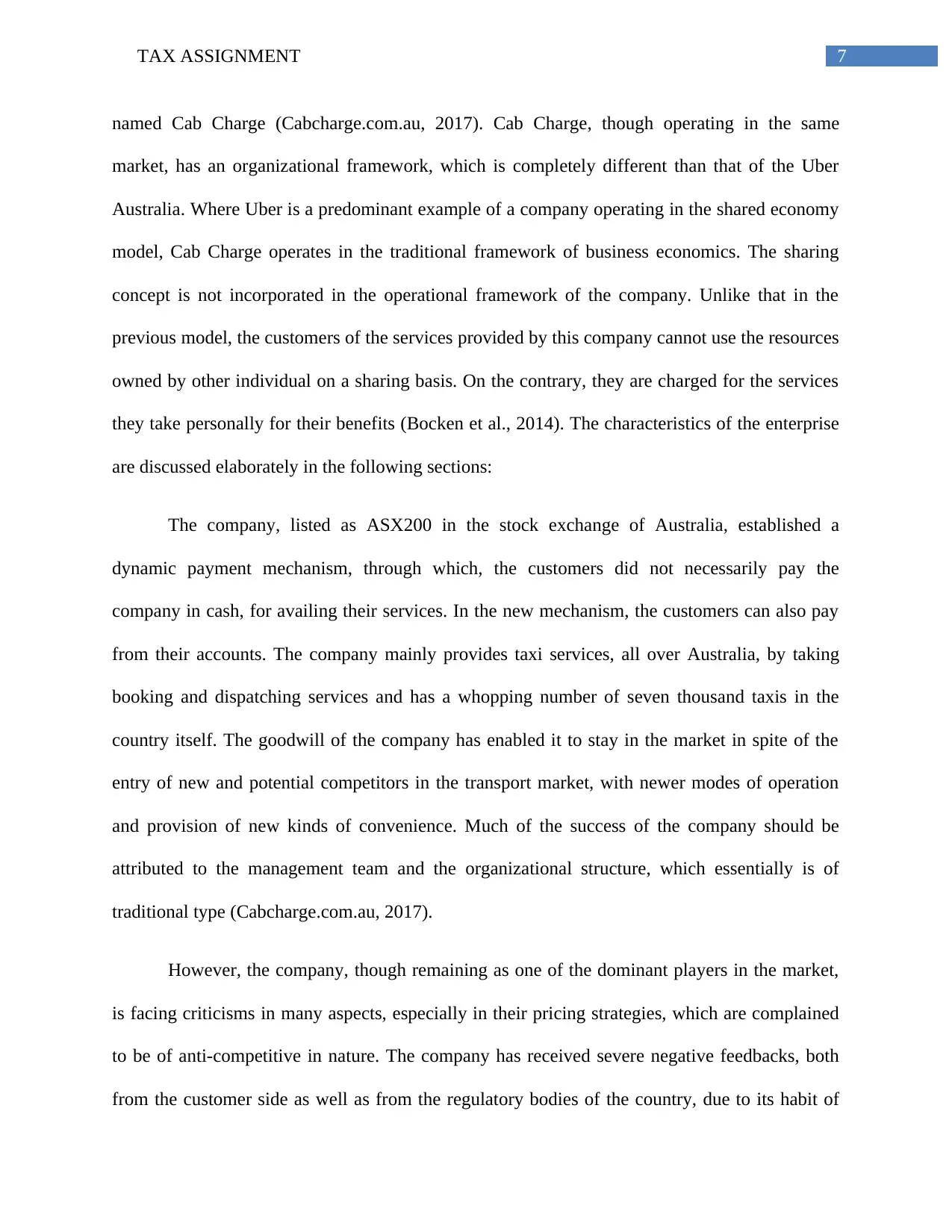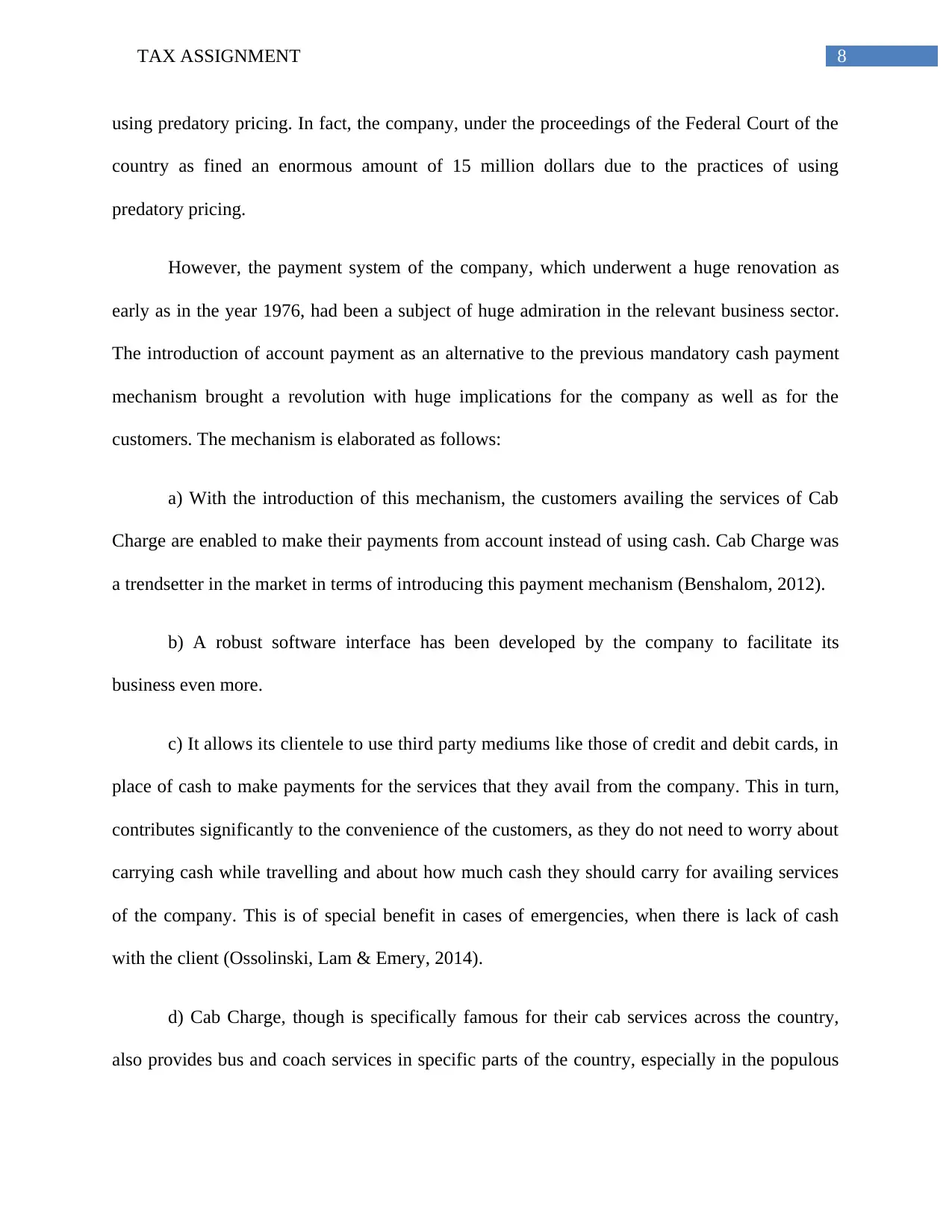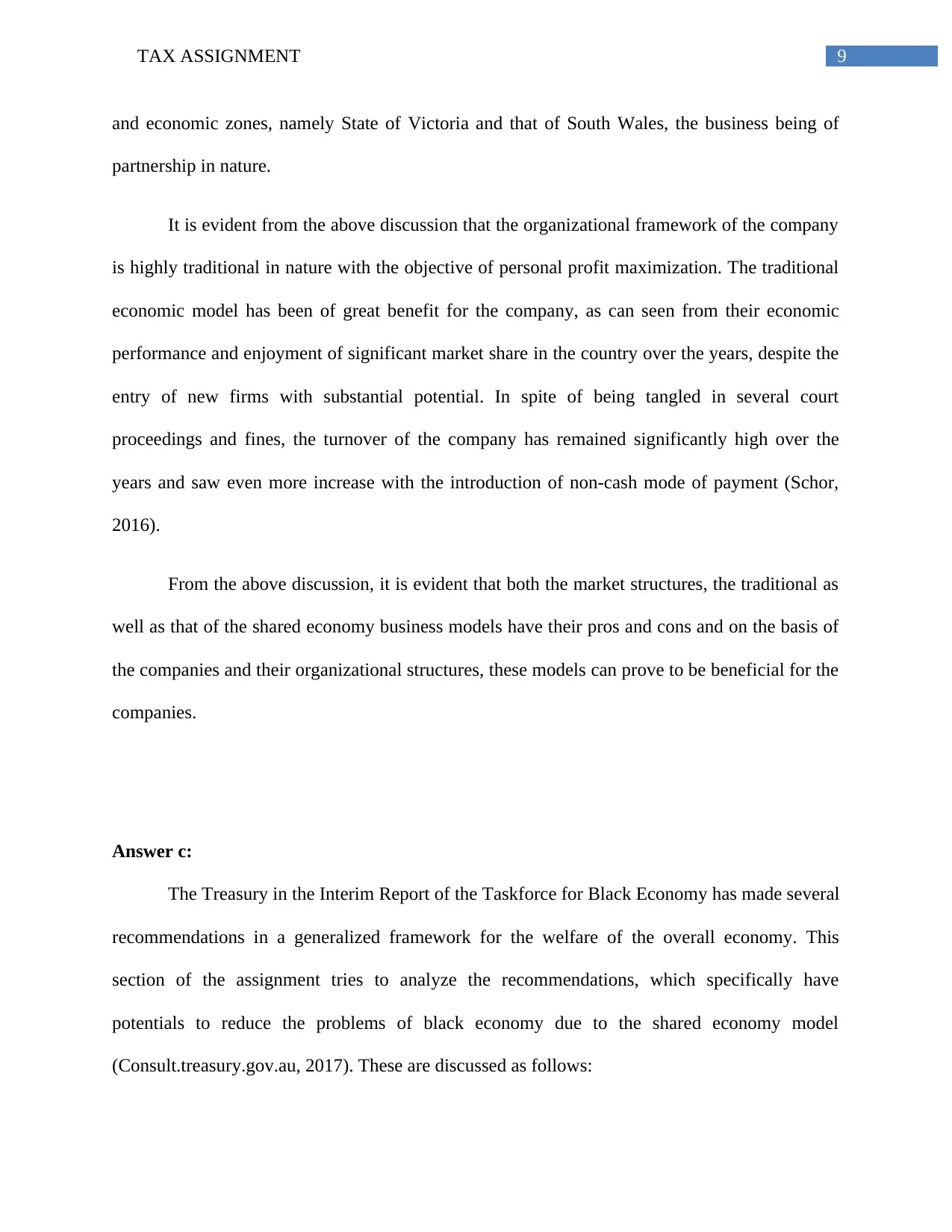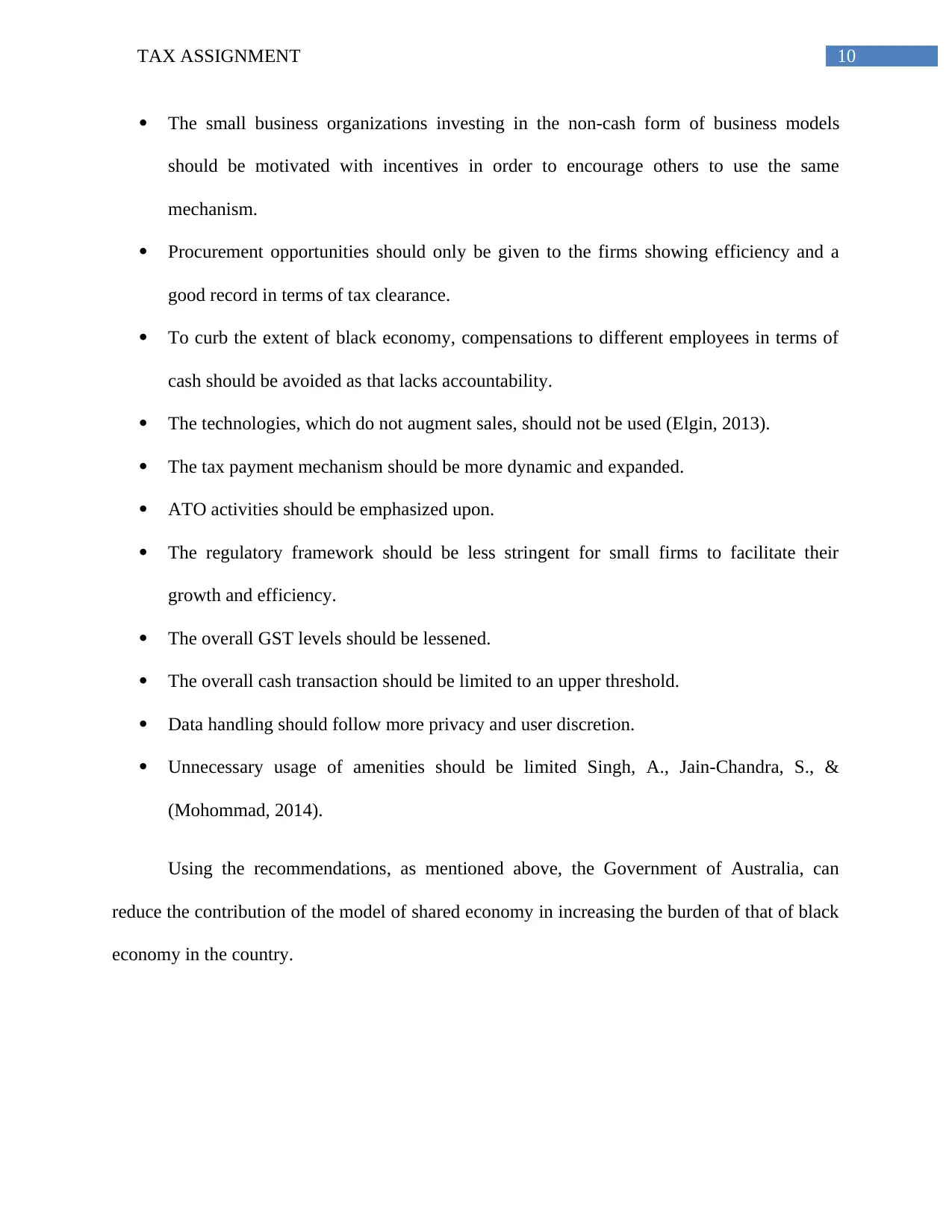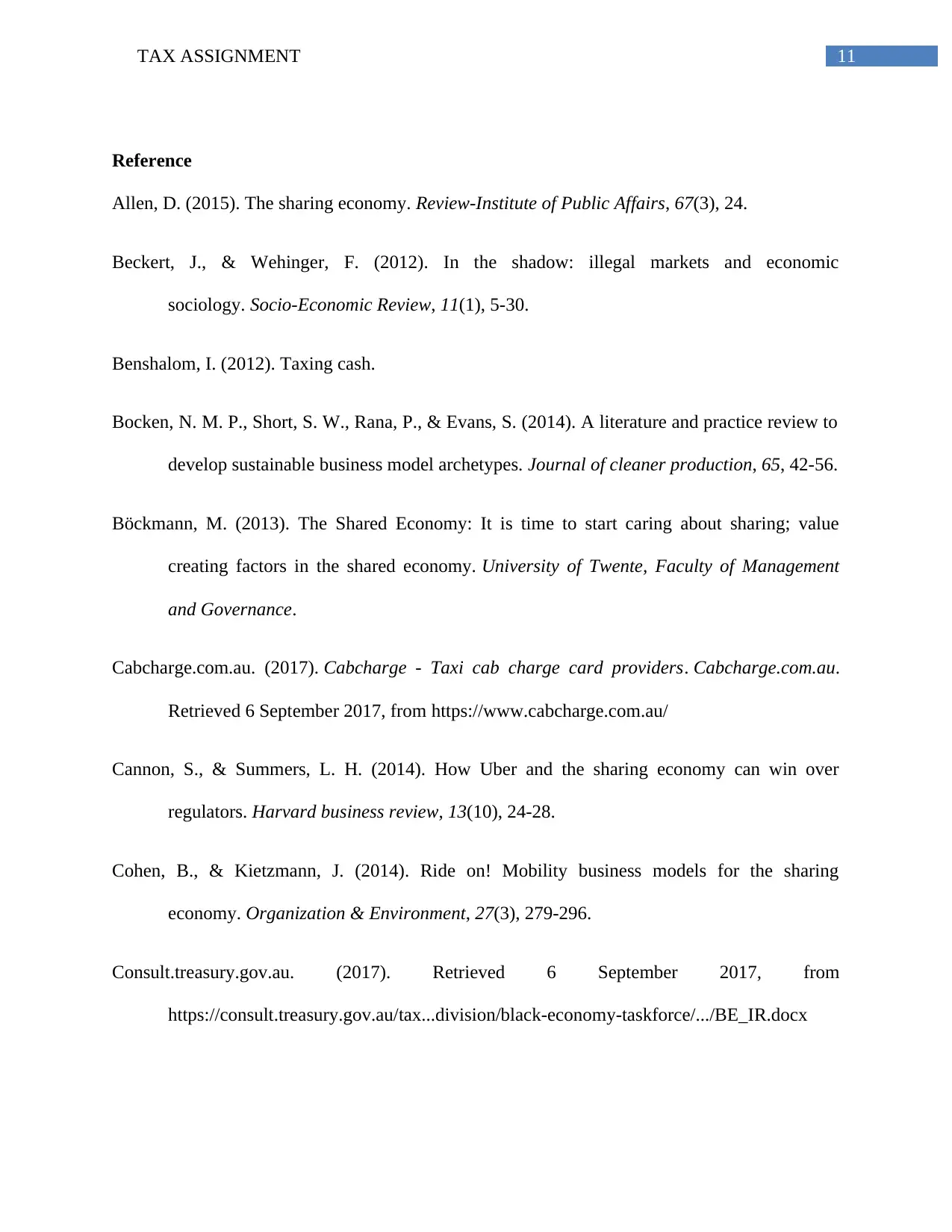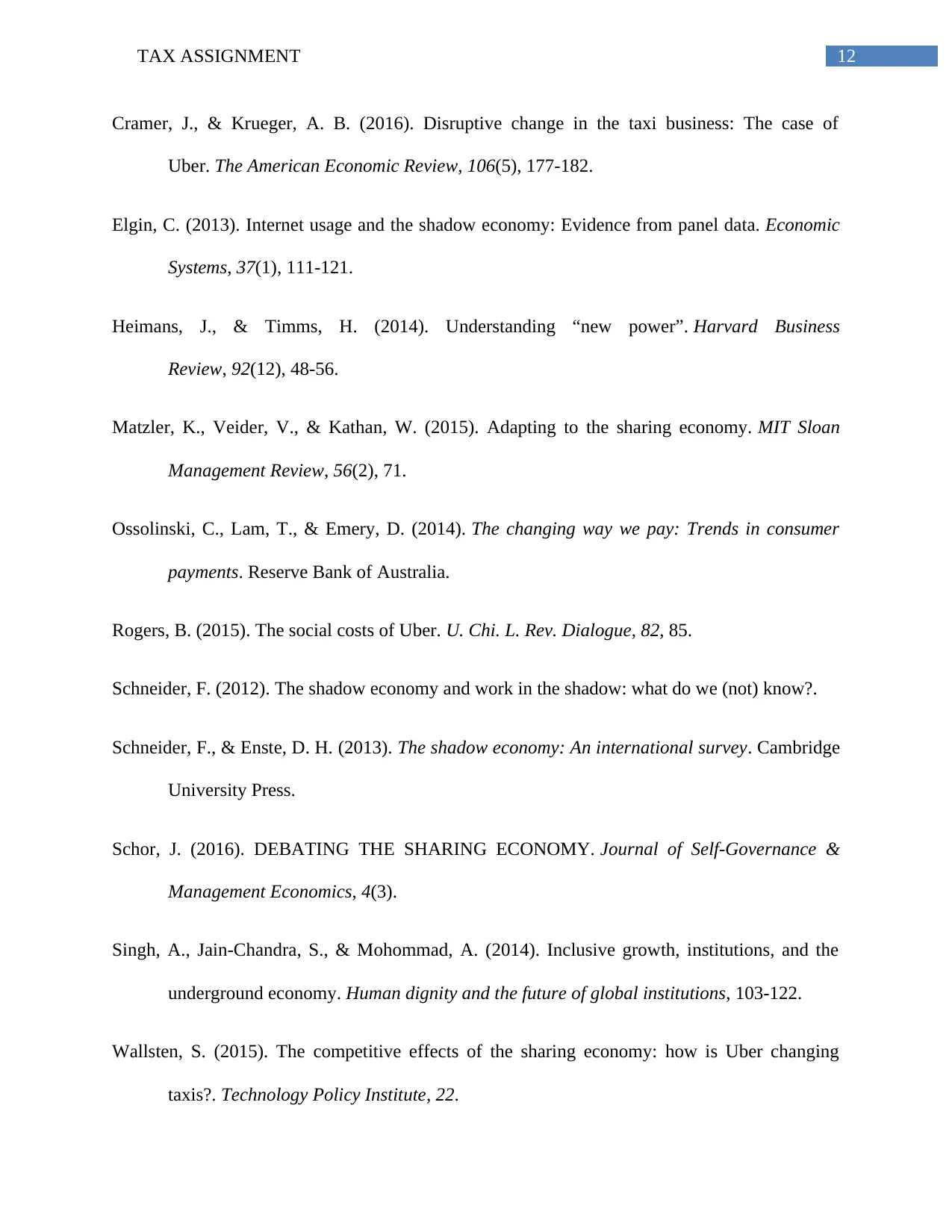The Australian government can reduce the burden of black economy by implementing several measures recommended by various studies and experts. Firstly, small businesses should be incentivized to use non-cash forms of business models, and procurement opportunities should only be given to firms with a good tax clearance record. To curb the extent of black economy, cash-based compensations for employees should be avoided. Additionally, technologies that do not augment sales should not be used, and the tax payment mechanism should be more dynamic and expanded. ATO activities should also be emphasized, and regulatory framework for small firms should be less stringent to facilitate their growth and efficiency. Furthermore, overall GST levels should be lowered, and cash transactions should be limited to an upper threshold.
![[object Object]](/_next/static/media/star-bottom.7253800d.svg)
![[object Object]](/_next/static/media/star-bottom.7253800d.svg)
